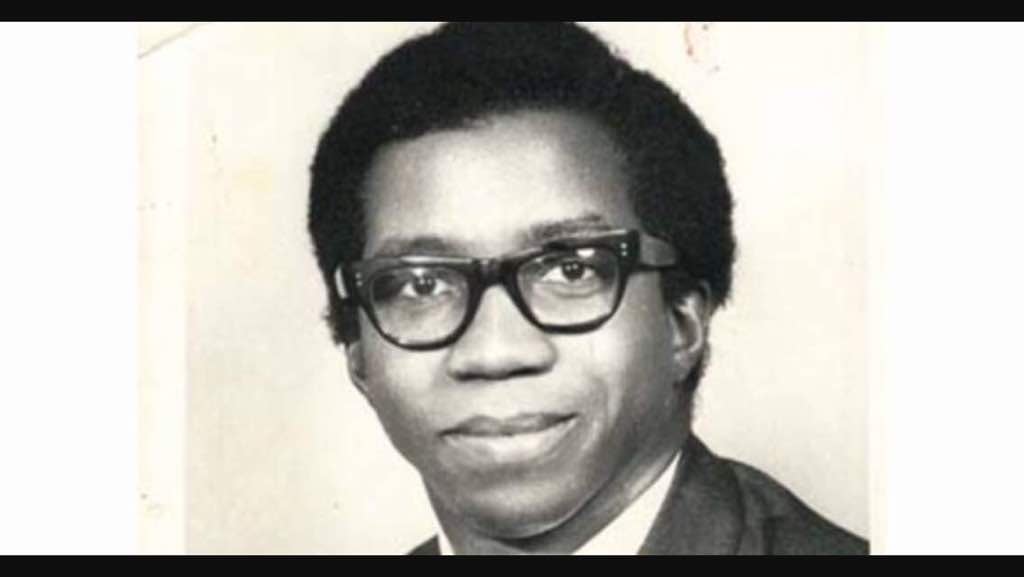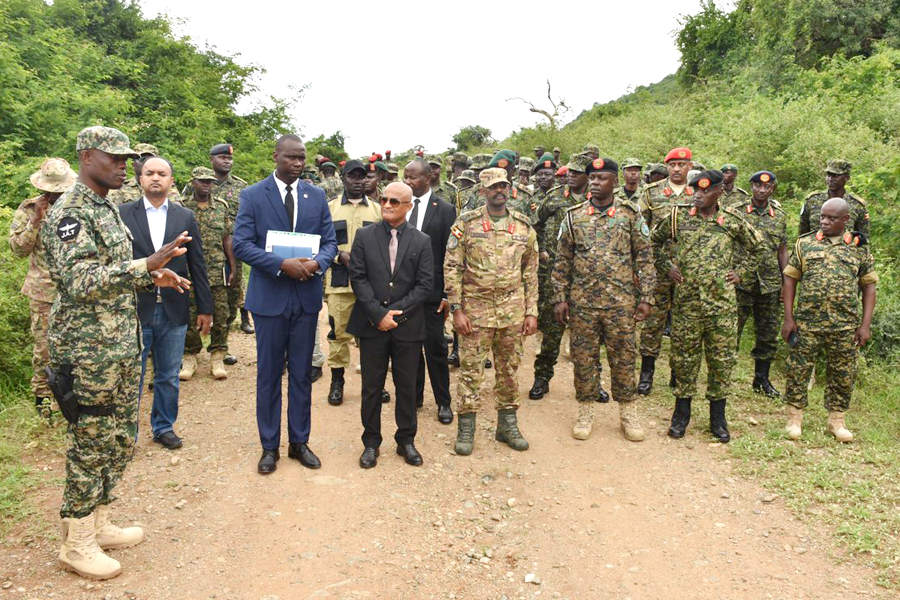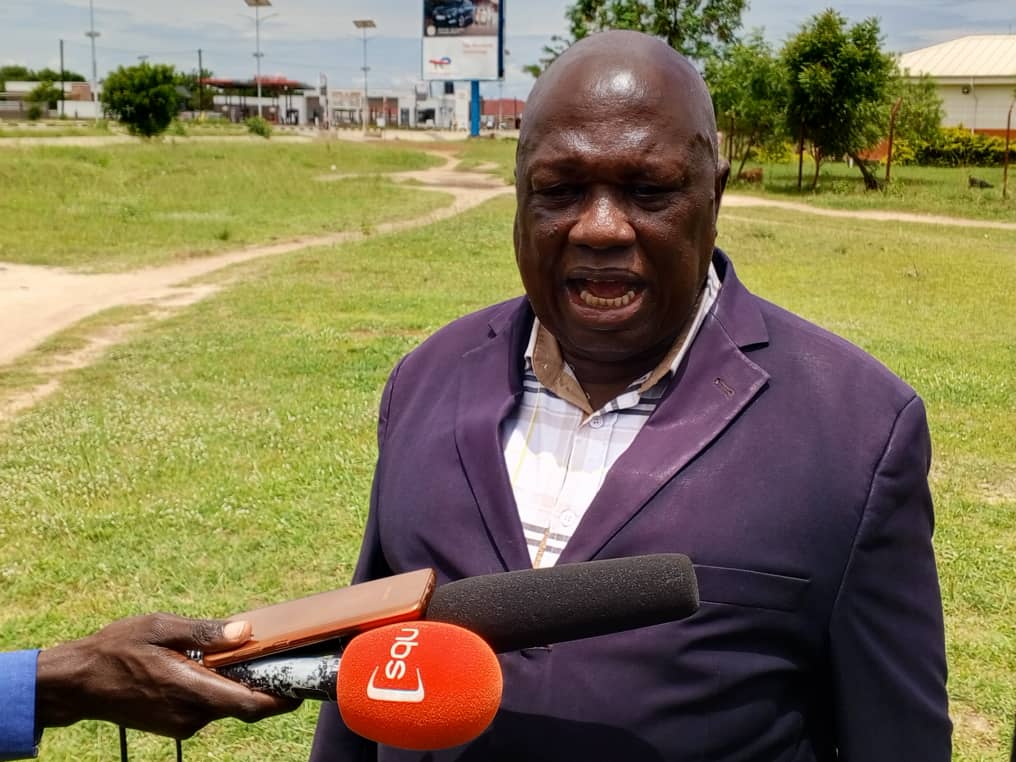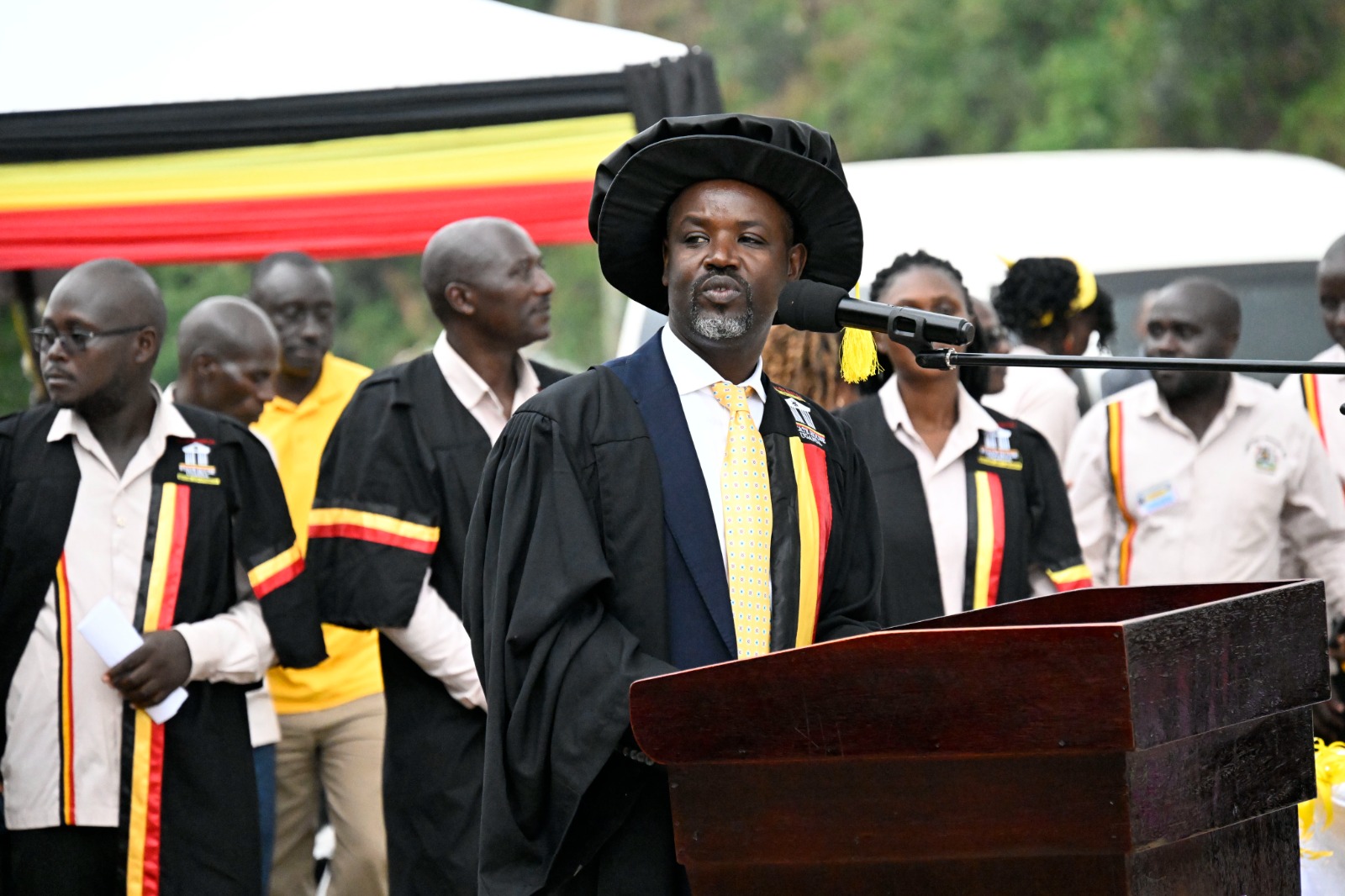Bank Manager murdered for refusing to give car loan to soldier
The day after President Amin came to power he emphasised in his first press conference that the only casualty of the coup was one wounded soldier.
However, it soon became apparent that people were already being killed as a result of the coup. On the very day of this press conference the army chief of staff, Brigadier Suleiman Hussein and a battalion Commander, Lieutenant Colonel Oyok were killed at the main prison at Luzira near Kampala.
Keep Reading
In addition, many army officers and civilian officials of the Obote government were arrested and detained. At one prison alone at Murchison Bay, it is estimated that approximately 550 people were imprisoned. Despite these early incidents, General Amin pledged himself to follow the 18 points, which had been the basis for the coup, the last of which stated: "We all want only unity in Uganda and we do not want bloodshed. Everybody in Uganda knows that".
 Wanume KIbedi
Wanume KIbedi
In the first months of the new government, a pattern of random and continued violence began to emerge. One of the first groups to be affected were the police. By one account, at the end of February, barely one month after the coup, there were nine police killed, five injured, four missing, eight in detention and thirteen had run away.
An open letter from Amin’s former Foreign Affairs Minister, Wanume Kibedi put the former president in a spot, to explain missing persons, prominent people murdered and others detained without trial.
https://nilepost.co.ug/2019/04/20/kibedis-letter-to-amin-on-murder-of-shaban-nkutu-who-was-buried-twice-by-the-president/
Notably among the cases is one of Stephen Epunau, whom Kibedi refers to as a former classmate.
In September 1972, just months after Amin took power from Obote, Epunau was murdered in cold blood.
The deceased was on the fateful day faced with a scenario involving an army officer who wanted to buy a car by accessing a loan through the bank.
However, Epunau turned down the loan giving reason that the said loan was beyond the limit the bank branch would be allowed to give.
This infuriated the army officer, who walked out and returned to drag Epunau out of the bank in full glare of employees and clients of the bank. He was later killed.
“The assassins who wield the power of life and death in Uganda have taken a leaf out of your book and are given to liquidating people on purely personal grounds. Take the example of STEPHEN EPUNAU (a classmate of mine at school) who was Manager of the Kabale branch of Barclays Bank when he was liquidated in September 1972. The only cause for his murder was that he refused to advance a carloan to a soldier. His explanation that the loan applied for was beyond his limit as branch manager was not accepted. He was dragged away from the bank in the full view of bank employees, to be murdered in cold blood. Later the assassins took his trousers and shoes back to his family to show that he had been "finished",” Kibedi wrote to Amin.
https://nilepost.co.ug/2019/04/07/ambassador-helplessly-snatched-from-a-cocktail-party-by-amins-soldiers-never-to-be-seen-again/
This was just one of those other cases involving errant army officers settling minor scores with civilians using extreme methods. Another such incident happened in February 1972 when the District Commissioner of Bukedi, a one Mulekezi and a hotel manager, of Rock Hotel in Tororo, a one Nsehkanabo were taken away by army officers for allegedly disturbing them after they took drinks and failed to pay.
Nshekanabo had allegedly called Mulekezi to help him compel the army officers to clear their bill. They were never to be seen again.
The writer is a private contributor to Nile Post



















